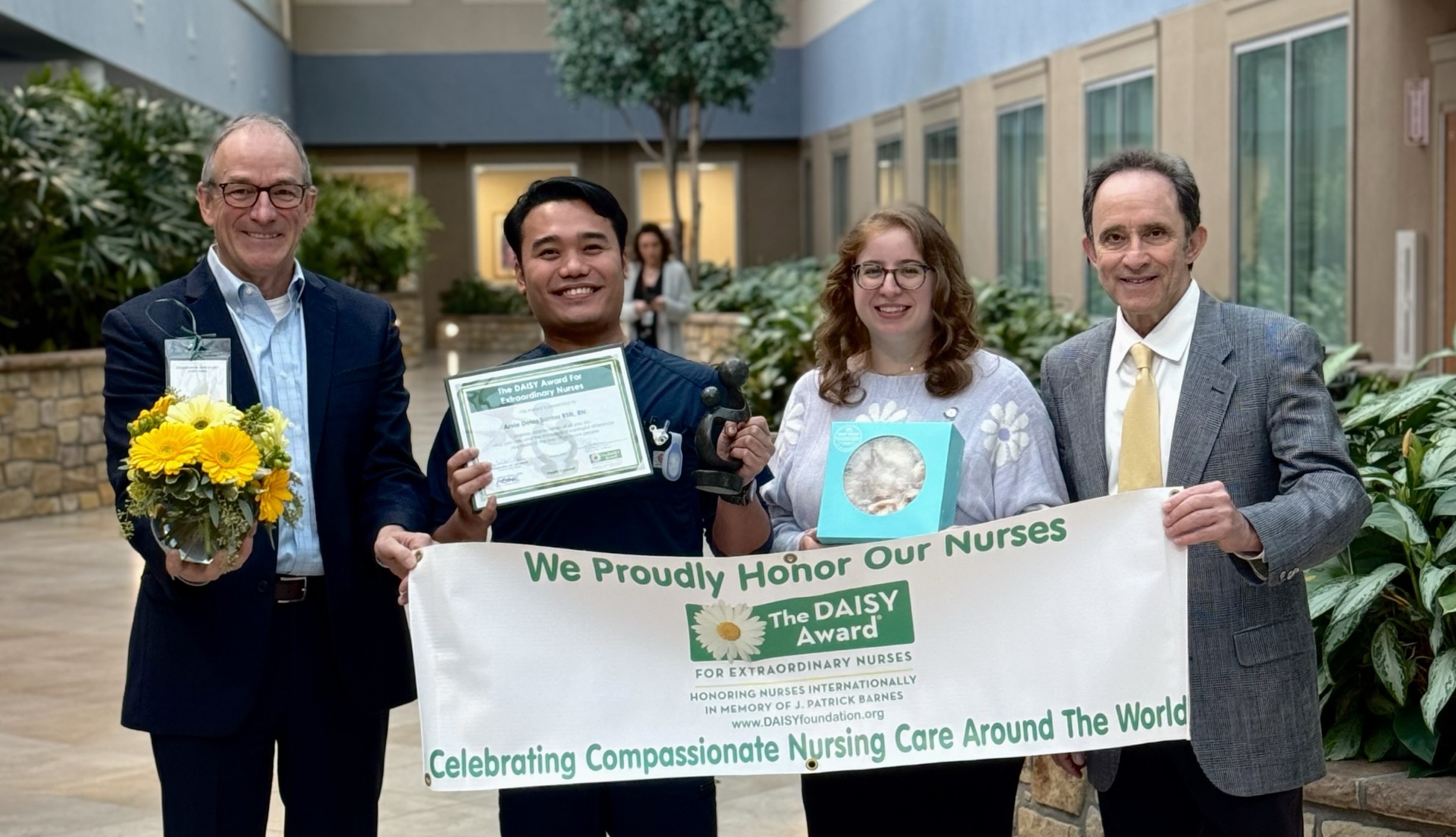Where Do US Nurses Work?
February 20, 2020

There are various settings in which U.S. RNs work. A chart showing the full breakdown of work settings is pictured below. In this article, we don't cover them all, but dive more deeply into a select few work settings and highlight the skills, requirements, and type of patient care that is administered in each.

Long-Term Acute Care Hospital (Also referred to as LTACs)
This hospital provides treatment to patients for severe injuries or episodes of illness, urgent medical conditions, or those recovering from surgery. This setting involves patients who will need treatment on average for greater than 25 days.
- Requirements - BLS, ACLS (facility-specific)
- Skills - General nursing skills, assessment skills, EMR, wound care, wound vacs, pulmonary rehab, ventilators, tracheostomy care, total care, active and passive ROM exercise, burn management, restraints, seizure precautions, NG tubes, G-tubes, J Tubes, tube feeds, colostomy/ileostomy care, Foley catheter care, central line care, IV care, infusion pumps, administration of blood products, medication administration.
- Most common issues patients have in this setting - Pneumonia, COPD, emphysema, TBI, spinal cord injury, stroke, MS, Alzheimer's, Parkinson's, ALS, Joint replacement, amputation, wound care, CHF, fluid and electrolyte imbalances, HTN.
- Nurse qualities that are best fitting for this setting - teamwork, good communication skills between nurses and nurse-to-patient, interdisciplinary communication, time management, prioritization skills, delegation, physical assessment skills, and documentation (EMR).
Short-Term Acute Care Hospital
This hospital is comprised of all the different hospital units and specialties depending on the size and capabilities of the hospital. (Medical Surgical, Remote Cardiac Telemetry, ICU units, stepdown units, PACU, OR, Labor and Delivery, Mother Baby, Nursery, Dialysis, Endoscopy, and Emergency units.)
- Definition - active and short-term treatment for illness or injury, post-surgical, and urgent care needs. Short-term acute care hospitals aim to release patients as soon as they are stabilized.
- Requirements - all require a BLS certification. Requirements for this facility are unit-specific and will have different certification requirements. Critical care units require ACLS, possibly TNCC.
- Skills - Each unit requires different variations of skill sets.
- (Remote Cardiac Telemetry)
- (Medical/Surgical)
- (Critical Care/ICU)
- (Emergency Department)
- (Post Anesthesia Care Unit)
- (OR Scrub Nurse)
- (OR Circulating Nurse)
- (L&D, mother-baby, nursery)
- Nurse qualities that are best fitting for this setting - the ability to adjust to a fast-paced environment, time management and prioritization skills, delegation, good nurse-patient communication, professionalism, and teamwork.
Home Healthcare
This is care provided in a patient's home by a certified healthcare provider (PT or RN) prescribed by a physician as part of the care plan usually following a hospitalization.
- Requirements - BLS
- Skills - general nursing skill sets, EMR, wound care, medication administration, and medication knowledge. IV care, infusion pumps, PICC lines, Ports, IV medication administration, TPN, wound vacs, G/J tubes, ostomy care, catheter care, tube feeds, tracheostomy care, and assessment skills.
- Most common issues patients have in this setting - hypertension, a-fib, CHF, COPD, post-op recovery, wound care, TBI, MS, Parkinson's, ALS, spinal cord injury, TIA, kidney disease, oncological patients, amputations, fractures, joint replacement, pneumonia.
- Nurse qualities that are best fitting for this setting - time management, scheduling, planning, autonomy (comfortable working independently), driving in cities and rural settings with the use of a GPS system, documentation (EMR), professionalism, and nurse/patient communication.
Psychiatric Hospital
This hospital focuses on the care and treatment of individuals with psychiatric disorders.
- Requirements - BLS
- Skills - general nursing skills, medication administration, restraints, conflict resolution, de-escalation.
- Most common issues patients have in this setting - substance abuse, withdrawal, addiction, depression, bipolar disorder, anxiety disorder, schizophrenia, schizoaffective disorder, borderline personality disorder, anorexia nervosa, bulimia, suicidal, violent behavior, abuse victims.
- Nurse qualities that are best fitting for this setting - nurse/patient communication, time management, prioritization, documentation, assessment skills, teamwork, and professionalism.
Long-Term Care Facility (LTC) / Skilled Nursing Facility (SNF)
This type of facility provides ongoing long-term skilled nursing care to patients (residents) and assists them with their daily living activities.
- Requirements - BLS
- Skills - medication administration, lab draws, IV medication administration, IV pumps, central lines, documentation, patient assessment, patient transfer equipment, tube feeds, ostomy care, catheter care, and wound care.
- Most common issues patients have in this setting - hypertension, pre/post-MI, CHF, fluid and electrolyte imbalances, pneumonia, COPD, emphysema, TBI, stroke, Alzheimer's, dysphagia, pressure ulcers.
- Nurse qualities that are best fitting for this setting - time management, prioritization, delegation, documentation, teamwork, professionalism, and nurse-patient communication.
Feel free to reach out to your most current assigned PassportUSA representative if you have any questions about the settings in which our nurses work. Click here to view a U.S. Nursing Fun Facts Infographic! Be sure to check out more great articles in the Employee Education Center to help you succeed in your new life in the USA! If you are not contracted with us and are interested in joining PassportUSA, register with us today!

Related Articles

Nursing in the USA
Honoring Compassionate Care: Celebrating HCI’s Daisy Award Winners in Tribute to Pat’s Day of Joy
April 24, 2025
Read More

Nursing in the USA
NANNNA Visits HCI HQ: A Shared Vision for the Future of Nursing
April 17, 2025
Read More
%20(1).png)
Nursing in the USA
International Nurses in Medical Surgical Nursing in the United States
April 14, 2025
Read More
Start Your US Nursing Career
Turn your dreams into reality by taking the first step today. Apply to the PassportUSA program to connect with a recruiter.
.png)
.png)